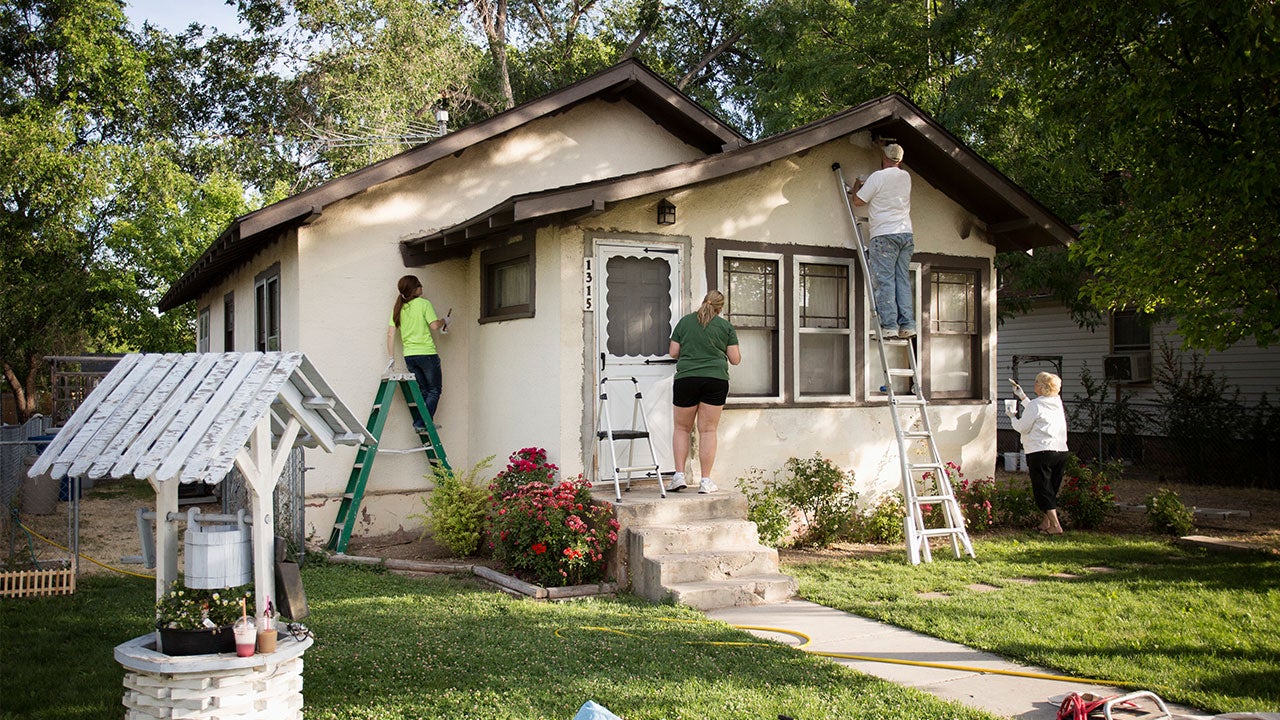In the realm of Gothic literature, Edgar Allan Poe stands as a master craftsman, weaving tales of mystery and macabre that continue to captivate readers. Among his most haunting works, “The Fall of the House of Usher” stands as a dark masterpiece, a narrative that explores the unraveling of both a physical mansion and the tortured souls residing within. As we delve into the cryptic depths of Poe’s storytelling, we find a tapestry of desolation that mirrors the psychological disintegration of the characters and their ancestral home.
The tale opens with the narrator’s arrival at the ominous Idahoreports.com/ House of Usher, a decaying mansion ensconced in an atmosphere of perpetual gloom. The very architecture seems to breathe with a sinister life of its own, mirroring the mental decay of its inhabitants, siblings Roderick and Madeline Usher. The once-glorious edifice now crumbles under the weight of its own history, mirroring the gradual decline of the Usher family.
Central to the narrative is the symbiotic relationship between the house and its inhabitants, a relationship characterized by a descent into madness and despair. Roderick Usher, a man haunted by a morbid sensitivity to the senses, is tormented by a fear of the unknown and an impending sense of doom. His twin sister, Madeline, adds another layer of mystery as she descends into a death-like trance, her presence casting an eerie pall over the mansion.
As the story unfolds, the boundaries between reality and the supernatural blur, leaving readers to question the nature of the events transpiring within the House of Usher. Poe skillfully utilizes elements of Gothic fiction, such as the gloomy setting, the decaying mansion, and the spectral atmosphere, to create an immersive experience that taps into the deepest recesses of human fear and fascination.
The psychological tension in “The Fall of the House of Usher” is further heightened by Poe’s mastery of language and symbolism. Every word is carefully chosen to evoke a specific emotion, and every detail serves a purpose in unraveling the overarching theme of impending doom. The house, with its fissures and decay, becomes a metaphor for the fragile state of the Usher family’s sanity, while the murky tarn surrounding the mansion symbolizes the murky depths of the human psyche.
Ultimately, the fall of the House of Usher transcends the physical collapse of bricks and mortar. It is a symbolic descent into the abyss of madness, a psychological unraveling that mirrors the disintegration of the family and, perhaps, the fragility of the human condition itself. Poe’s ability to intertwine the supernatural with the psychological makes “The Fall of the House of Usher” a timeless exploration of the darker recesses of the human soul, leaving readers haunted by its enigmatic allure long after the final page has turned.




